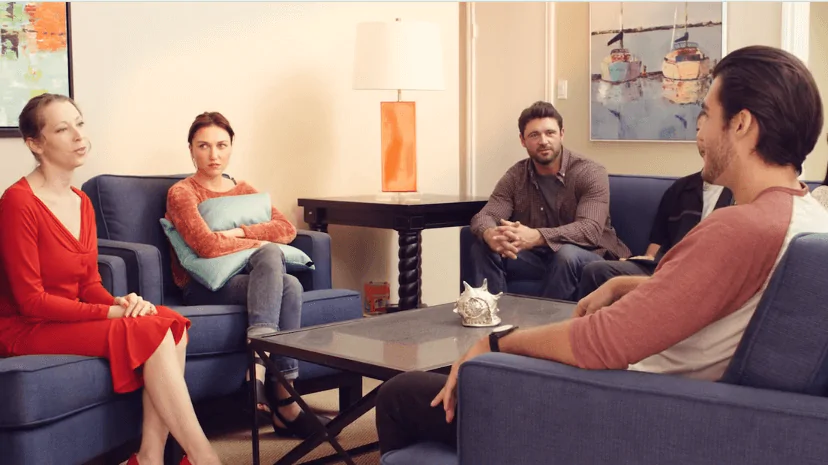24/7 Helpline:
(866) 899-221924/7 Helpline:
(866) 899-2219
Learn more about Aftercare Support centers in Davis
Aftercare Support in Other Cities

Other Insurance Options

Coventry Health Care

Meritain

Optum

Multiplan

Health Partners

Holman Group

Evernorth

ComPsych

CareFirst

Humana

State Farm

Sutter

CareSource

Magellan Health

PHCS Network

Excellus

UMR

American Behavioral

Molina Healthcare

Ceridian

Pine Tree Gardens
Pine Tree Gardens is a non-profit rehab located in Davis, CA. Pine Tree Gardens specializes in the t...

Department of Alcohol Drug and Mental Health Services
Department of Alcohol Drug and Mental Health Services is a public rehab located in Davis, California...

Recovery Happens Counseling Services
Recovery Happens Counseling Services is a private rehab located in Davis, California. Recovery Happe...







